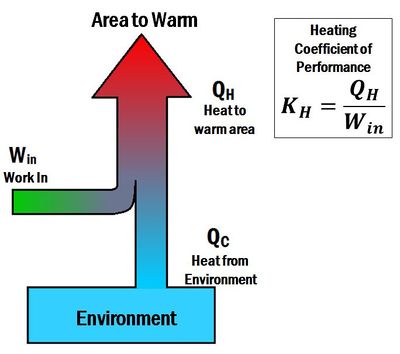Yeah I'm in Germany so my context is somewhere in between and here the projects that improve my life the most is when cars don't get to/need to travel on the streets as much, this can either be through modal filters, removing car lanes or just banning cars (with the usual delivery window in the morning and such). And they are starting to get to the kind of streets where you could go 100km/h (in terms of size) that are in practice 50km/h, and are now getting them down to 30 (taking 1 of 2 car lanes and giving it to bikes as well as adding obstacles to indicate slower speeds). So it's doable and of course it takes time, but with a bit of luck it might be faster than some Americans imagine it could be.
So of course bike lanes along mayor roads (corridors) make sense, and it can be a good starting point to get a skeleton network in place, which then can Kickstart intersection redesigns and traffic calming, wherever it's reasonable around it. To me the best bike paths don't go along roads though, they are the "recreational" paths that still connect things. Cutting through a patch of Forrest or a park, going along the waterfront, parallel to a tramway or rail corridor or just along/through the fields. These are probably also politically cheaper than some other measures, but you run the risk of building a thing that just connects nothing because there is no real infrastructure on either end.
I feel like Americans think they are 60+ years behind when they are probably only 30-40, if the attitude turns somewhat sharply, either just in your local area or more generally, maybe just 15-25.
A lot of this stuff is monetarily very cheap, depending on how desperately you wanted change the actual infrastructure you'd need, would boil down to planters, bollards, cones, maybe hay bails or large stones/concrete pieces. The problem with that stuff is that it's only possible with the right opportunity politically, otherwise your traffic calming might get bulldozed by police or something.
 (coefficient of performance) of 4 would move 4kW of heat into your house and use 1kW of electric energy to accomplish this. Gas by comparison moves 4kW of gas to your house and burns it there to get 4kW of heat.
(coefficient of performance) of 4 would move 4kW of heat into your house and use 1kW of electric energy to accomplish this. Gas by comparison moves 4kW of gas to your house and burns it there to get 4kW of heat.
They will not devide us. They will not devide us and so on and so forth.